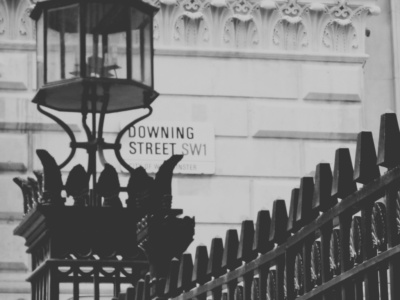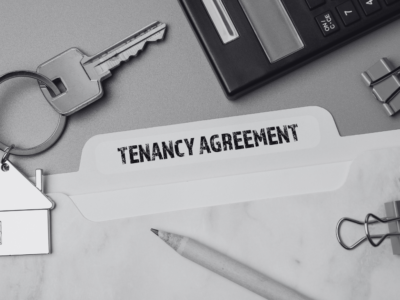Boris Johnson, former Foreign Secretary and former Mayor of London, has been elected leader of the Conservative Party, as revealed by the results of the latest Conservative leadership ballot. Party grandees assembled in central London to hear the news, after weeks of campaigning.
Mr Johnson won the final round of the ballot, with over 92,000 party members choosing him as the person to lead the party and ultimately the country, while over 46,000 voted for his rival, Jeremy Hunt.
During his campaign to become party leader, Mr Johnson made a number of proposals, some of which could have a profound impact on the housing market.
As Mr Johnson comes to the end of his first week as Prime Minister and leader of the Conservative party, Property Notify sought out reactions to his ascent to power.
Markets may recover of own accord
Reuben Nash, lettings negotiator at Haus Properties, a London-based property firm, believed Boris Johnson’s pledges to boost the housing market may prove to be unnecessary. Mr Nash explained: “In my opinion, the property market will continue to recover of its own accord, rather than through intervention.”
Mr Nash added that Mr Johnson’s leadership campaign pledge to implement reductions to Stamp Duty on homes worth over £500,000 would be welcomed universally.
However, Mr Nash added: “To pretend those [reductions] are going to be his top priority is a little naïve…it’s going to be hard to convince Parliament to help people buy larger homes.”
Cabinet reshuffled
As news emerged about Mr Johnson’s Cabinet taking shape, it became clear that it was one of the most profound reshuffles in recent decades. Property Notify spoke exclusively to Tony Gimple, founding director of Less Tax 4 Landlords, for his response to Mr Johnson’s reshuffle.
Mr Gimple remarked: “He’s not everyone’s cup of tea, but…watching him for the first time…I’ve got a gut feeling he’s going to be the best Prime Minister we’ve had for a while…he’s got people who would be prepared to nail their colours to his mast.”
Deal or no-deal
Brexit will be forefront in the new Prime Minister’s mind. His predecessor, Theresa May, was unable to pass a withdrawal deal through Parliament, forcing her to extend the withdrawal process, which ultimately cost her a significant amount of support from within Parliament.
Mr Johnson aspires to pursue withdrawal regardless of whether that’s with or without a deal, to ensure that the UK leaves the EU by the end of October.
Criticism of a no-deal Brexit has been voiced by institutions such as the Bank of England, who were concerned about the economic risks associated with a disorderly no-deal Brexit, which they believed could hinder the economy and weaken the housing market.
During the Conservative leadership campaign, Mr Johnson made numerous proposals such as a possible policy of removing Stamp Duty on homes worth over £500,000. This proposal was met with criticism by property management portal Apropos, based in Scotland.
Douglas Alexander, joint managing director at Apropos, was concerned that Mr Johnson’s proposals might have the unintended consequence of triggering an exodus of investors from the Scottish housing market, as a result of Scotland’s devolved tax regime.
Potential economic headwinds
Mr Johnson faces additional pressure, owing to the potential for economic headwinds which may surface in the weeks and months ahead. Philip Hammond, soon to be the UK’s former Chancellor of the Exchequer, warned that a disorderly Brexit would cost as much as £90 billion for the new government.
Mr Hammond also revealed he had no intention of continuing to serve his role if Boris Johnson became Prime Minister, saying he could not accept a no-deal scenario. This follows the resignation of other Cabinet ministers, who also disagree with the strategy of pursuing a no-deal Brexit.
Mr Johnson is expected to formally become Prime Minister tomorrow afternoon, after Theresa May has completed Prime Minister’s Questions and tendered her resignation to the Queen.
Despite potentially offering a different approach to Brexit and the UK housing market, Mr Johnson will be sure to inherit the same Parliamentary arithmetic that hindered his predecessor, with the Government now having a working majority of just two, with the addition of the DUP.
*Article originally published 23rd July 2019, updated on 26th July 2019 to include industry reaction






















Comments